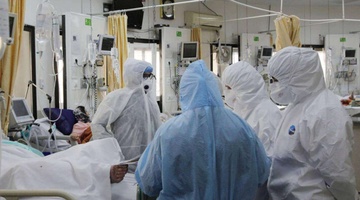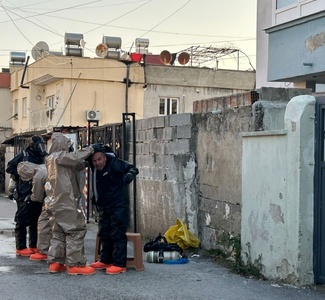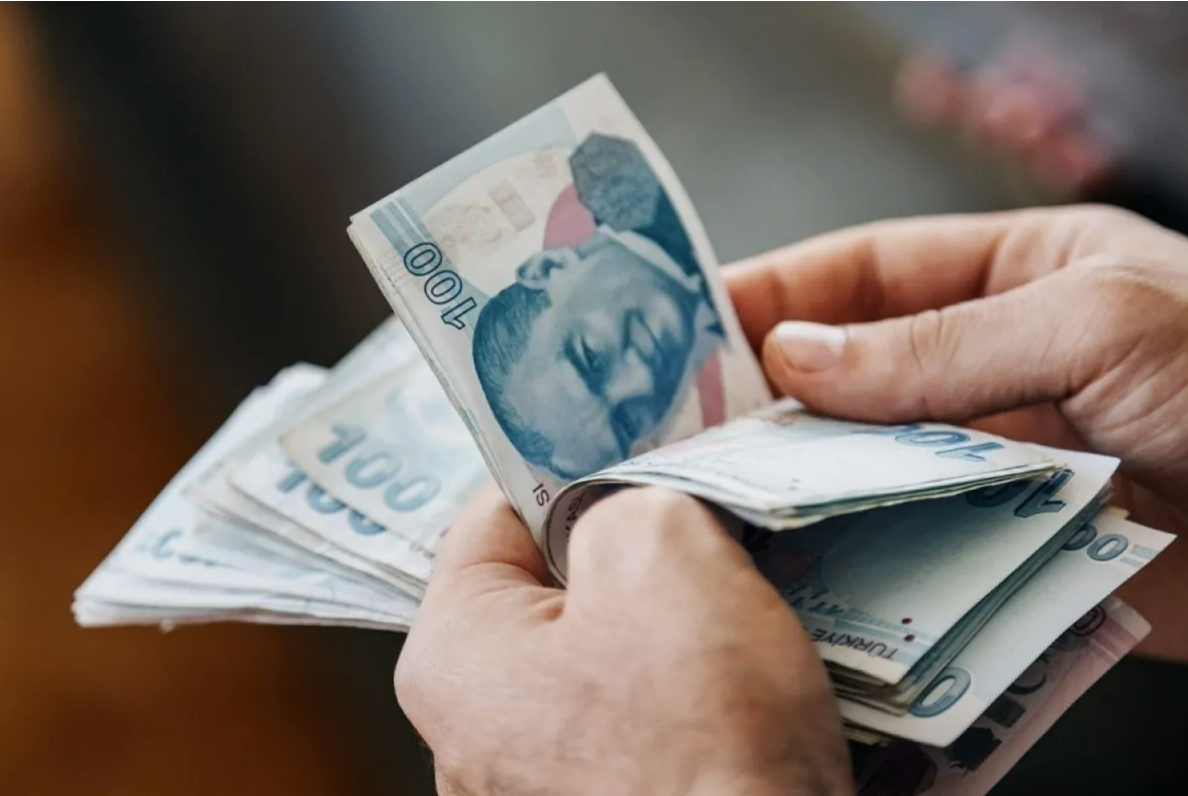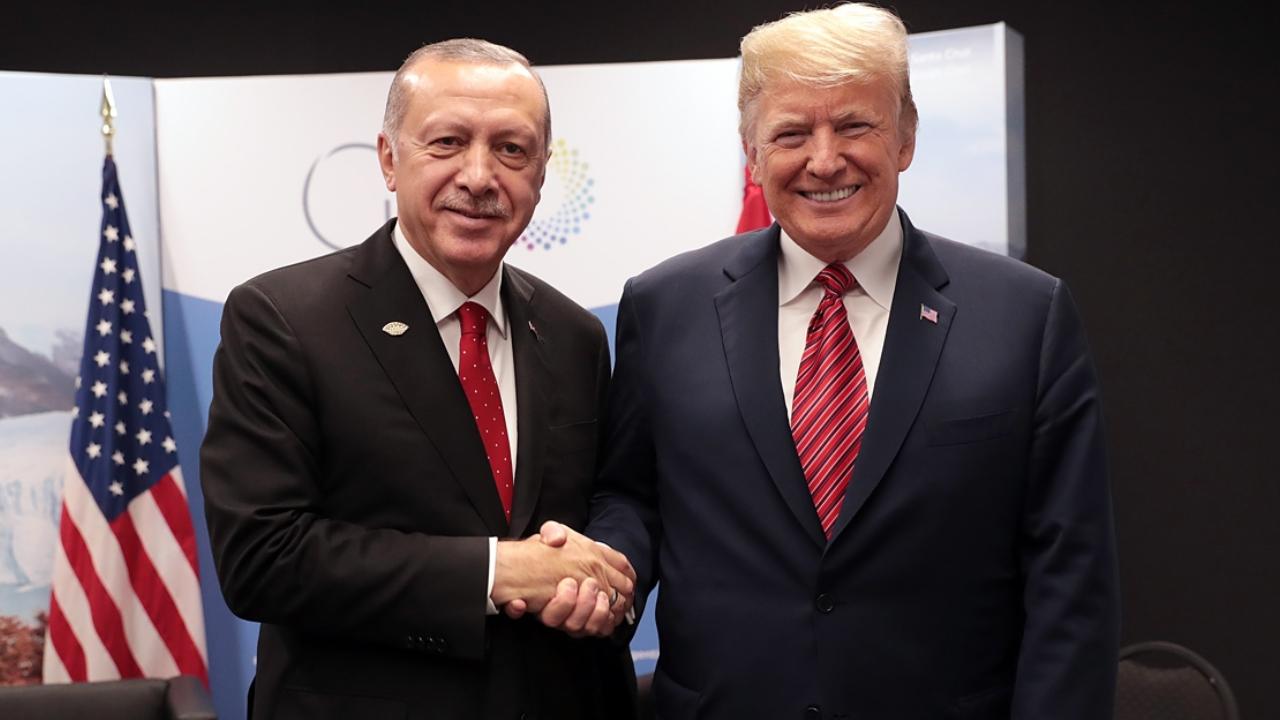UNICEF: 150 million additional children plunged into poverty due to coronavirus pandemic
The number of children living in multidimensional poverty has soared to approximately 1.2 billion due to the COVID-19 pandemic, according to a new UNICEF and Save the Children analysis published on Wednesday.

 Google News'te Doğruhaber'e abone olun.
Google News'te Doğruhaber'e abone olun. The number of children living in multidimensional poverty has soared to approximately 1.2 billion due to the COVID-19 pandemic, according to a new UNICEF and Save the Children analysis published today. This is a 15 per cent increase in the number of children living in deprivation in low- and middle-income countries, or an additional 150 million children since the pandemic hit earlier this year.
The multidimensional poverty analysis uses data on access to education, healthcare, housing, nutrition, sanitation and water from more than 70 countries. It highlights that around 45 per cent of children were severely deprived of at least one of these critical needs in the countries analyzed before the pandemic.
Although the analysis paints a dire picture already, UNICEF warns the situation will likely worsen in the months to come. Save the Children and UNICEF are committed to continue to monitor this evolving situation and work with governments and civil society to confront it.
“COVID-19 and the lockdown measures imposed to prevent its spread have pushed millions of children deeper into poverty,” said Henrietta Fore, UNICEF Executive Director. “Families on the cusp of escaping poverty have been pulled back in, while others are experiencing levels of deprivation they have never seen before. Most concerningly, we are closer to the beginning of this crisis than its end.”
The report notes that child poverty is much more than a monetary value. Although measures of monetary poverty such as household income are important, they provide only a partial view of the plight of children living in poverty. To understand the full extent of child poverty, all potential deprivations must be analyzed directly. This also points to the need to implement multi-sectoral policies addressing health, education, nutrition, water and sanitation and housing deprivations to end multidimensional poverty.
Social protection, inclusive fiscal policies, investments in social services, and employment and labor market interventions to support families are critical to lifting children out of poverty and preventing further devastation. This includes expanding access to quality health care and providing the tools and technology needed for children to continue their education remotely; and investing in family-friendly policies such as paid leave and child care.
“This pandemic has already caused the biggest global education emergency in history, and the increase in poverty will make it very hard for the most vulnerable children and their families to make up for the loss”, said Inger Ashing, CEO of Save the Children. “Children who lose out on education are more likely to be forced into child labor or early marriage and be trapped in a cycle of poverty for years to come. We cannot afford to let a whole generation of children become victims of this pandemic. National governments and the international community must step up to soften the blow.”
There are not only more children experiencing poverty than before, the poorest children are getting poorer as well, the report notes. Some children may suffer one or more deprivations and others experience none at all, therefore the average number of deprivations suffered per child can be used to assess how poor children are. Before the pandemic, the average number of severe deprivations per child was around 0.7. It is now estimated to have increased by 15 per cent to around 0.85.
“We must act now to prevent additional children from being deprived in basic life needs like school, medicine, food, water and shelter,” said Fore.
“Governments must prioritize the most marginalized children and their families through rapid expansion of social protection systems including cash transfers and child benefits, remote learning opportunities, healthcare services and school feeding. Making these critical investments now can help countries to prepare for future shocks,” Fore added. (ILKHA)



















































